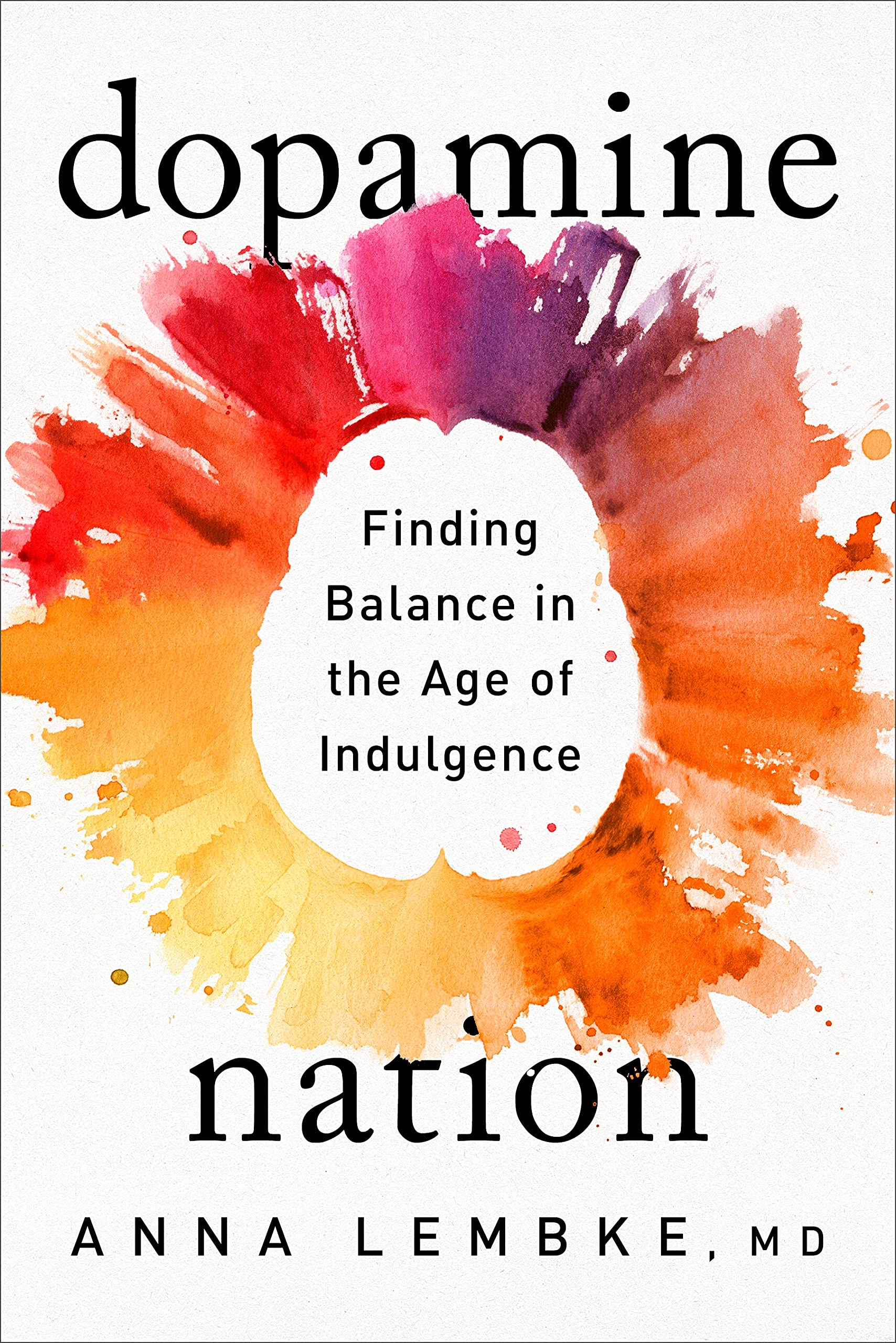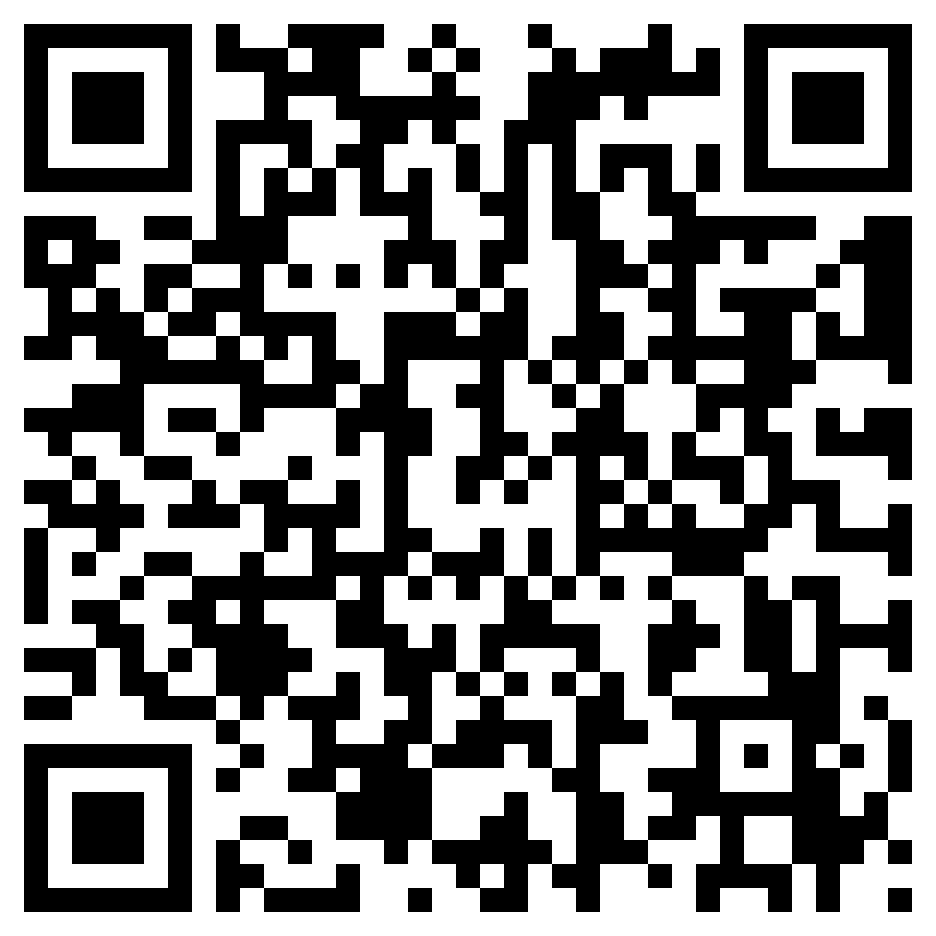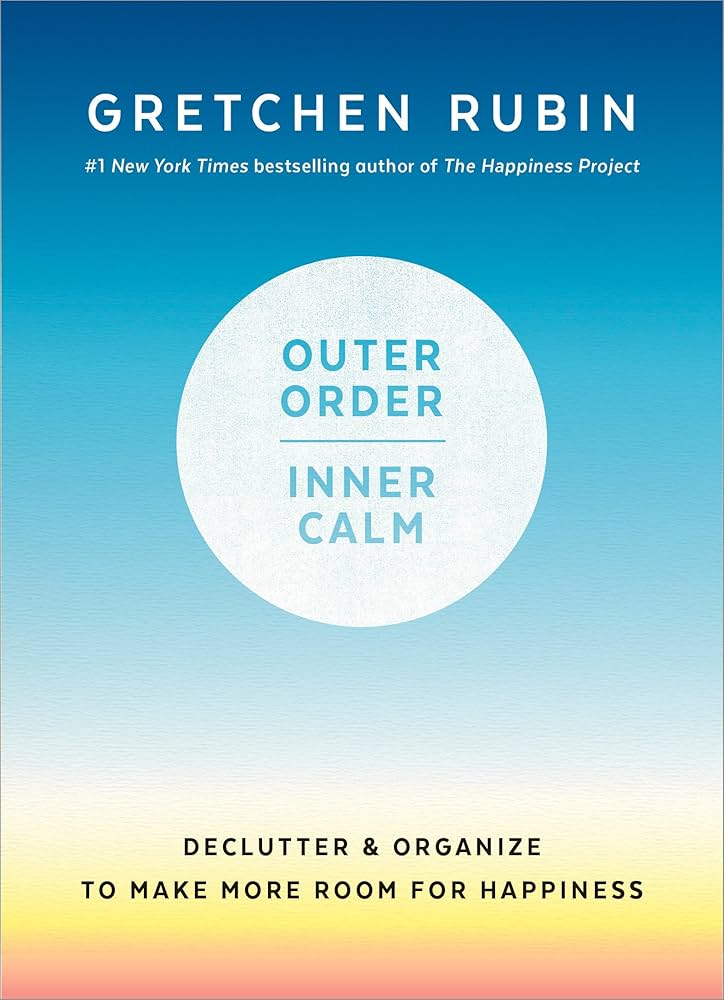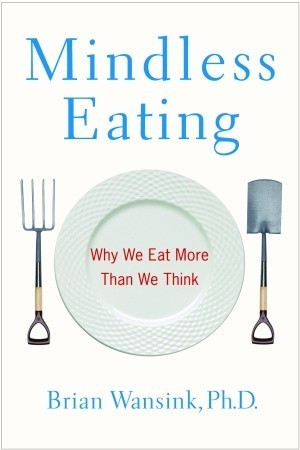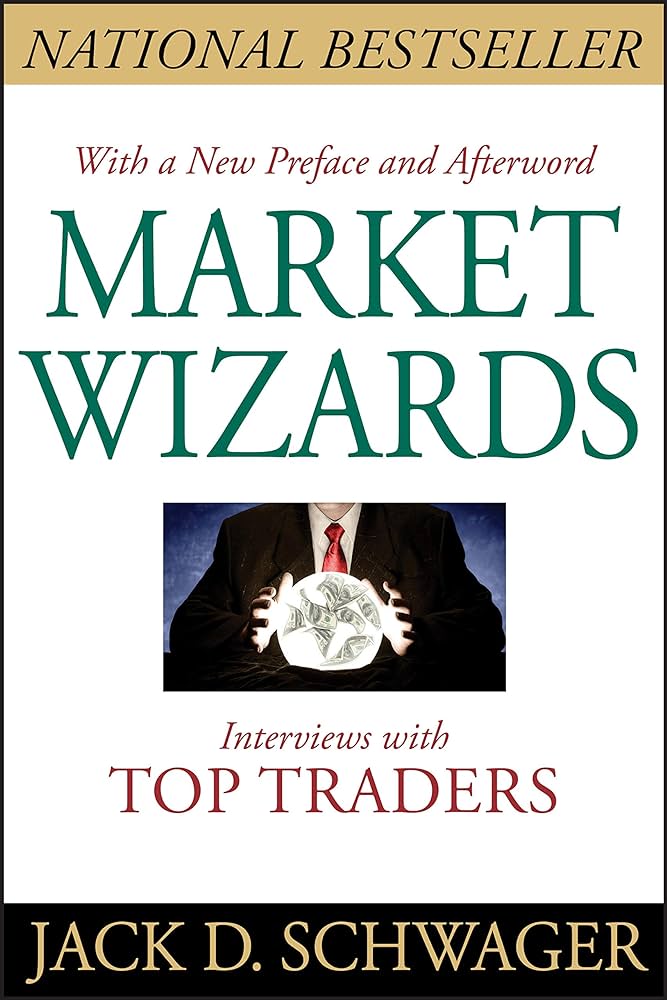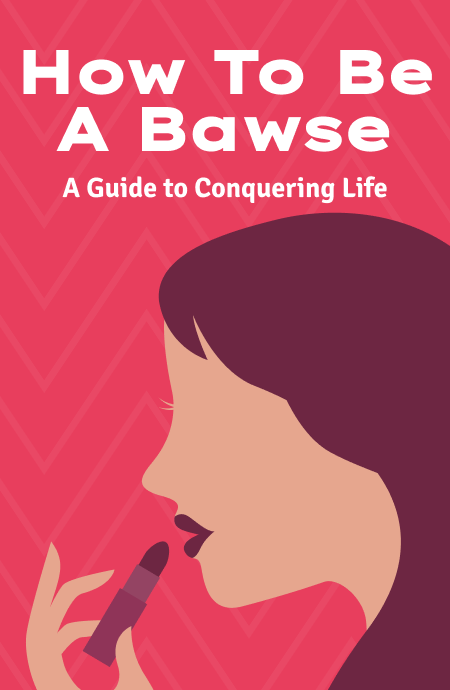Lesson 1: The Pleasure-Pain Balance
In "Dopamine Nation," Dr. Anna Lembke emphasizes the necessity of balancing pleasure and pain to achieve true contentment. Modern society bombards us with constant access to high-reward, high-dopamine stimuli, from drugs and food to social media and gaming. This continuous influx can lead to compulsive overconsumption, driving us toward distress and dissatisfaction. The book reveals how our brains are wired to seek pleasure and avoid pain, yet this pursuit often backfires. When we indulge excessively in pleasurable activities, our brain's reward system becomes desensitized, leading to a cycle where we need more of the same stimuli to achieve the same pleasure. This cycle can result in increased pain and decreased satisfaction over time. Dr. Lembke uses compelling patient stories to illustrate how individuals can break free from this cycle by understanding and respecting the pleasure-pain balance. By recognizing that excessive pleasure leads to pain, we can make conscious choices to moderate our consumption of high-dopamine activities. This balance is crucial for maintaining mental and emotional health. Through practical examples and relatable narratives, "Dopamine Nation" teaches us that achieving balance involves more than just abstinence from addictive behaviors; it requires a holistic approach that includes self-awareness, discipline, and the pursuit of meaningful, sustainable pleasures. The book challenges us to rethink our relationship with pleasure and pain and to strive for a balanced approach that fosters long-term happiness and well-being. By understanding the pleasure-pain balance, we can navigate the modern world's temptations more effectively and live more fulfilling lives.
Lesson 2: Understanding Dopamine
Dr. Anna Lembke simplifies complex neuroscience in "Dopamine Nation," making it accessible to the average reader. Dopamine is a neurotransmitter that plays a key role in our brain's reward system. It's released in response to pleasurable activities, reinforcing behaviors that we find enjoyable. However, the modern world’s bombardment of high-dopamine stimuli has led to a dysregulation of this system. When we engage in activities that release large amounts of dopamine—such as eating sugary foods, using drugs, or spending time on social media—our brain's reward pathways can become overloaded. This overload results in a temporary feeling of euphoria, but over time, it leads to a decrease in dopamine receptors, making it harder to feel pleasure from everyday activities. This phenomenon is why someone might find ordinary life less satisfying after being exposed to high levels of dopamine stimulation. Dr. Lembke explains that understanding this mechanism is crucial for managing our behaviors. By being aware of how dopamine affects our brain, we can make informed decisions about how we engage with pleasurable activities. The book uses metaphors and relatable examples to make these concepts easy to understand. For instance, Dr. Lembke compares the smartphone to a
Unlock Knowledge with Wizdom App
Explore a world of insights and wisdom at your fingertips with the Wizdom app.
 1 Million+ App Download
1 Million+ App Download  4.9App Store Rating
4.9App Store Rating 5000+Summaries & Podcasts
5000+Summaries & Podcasts
